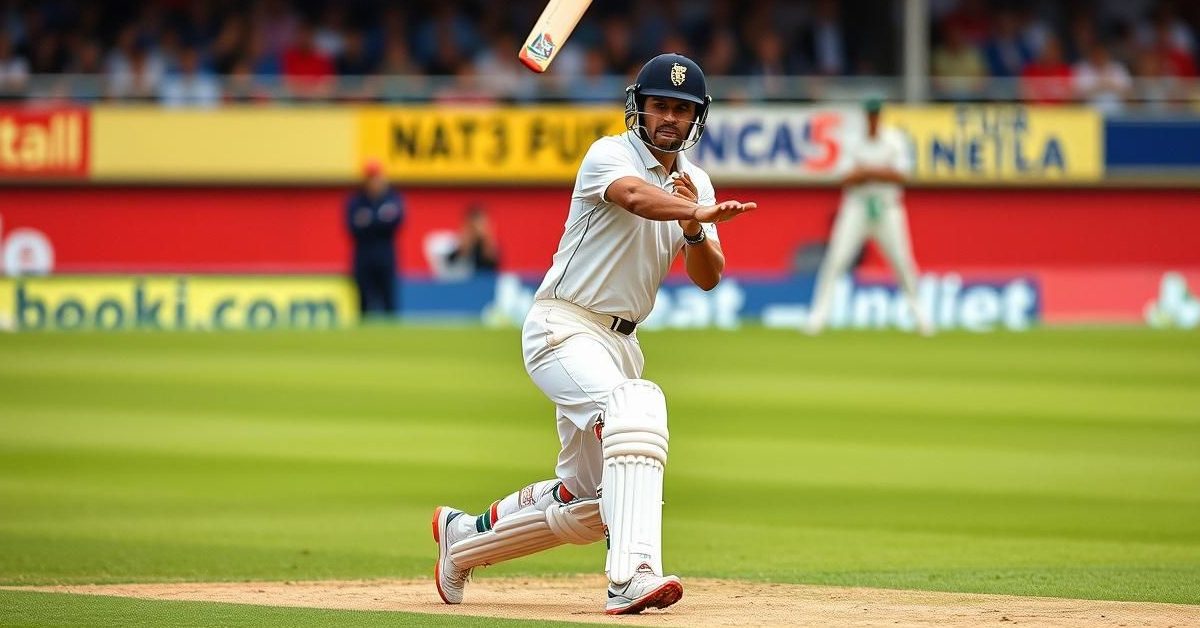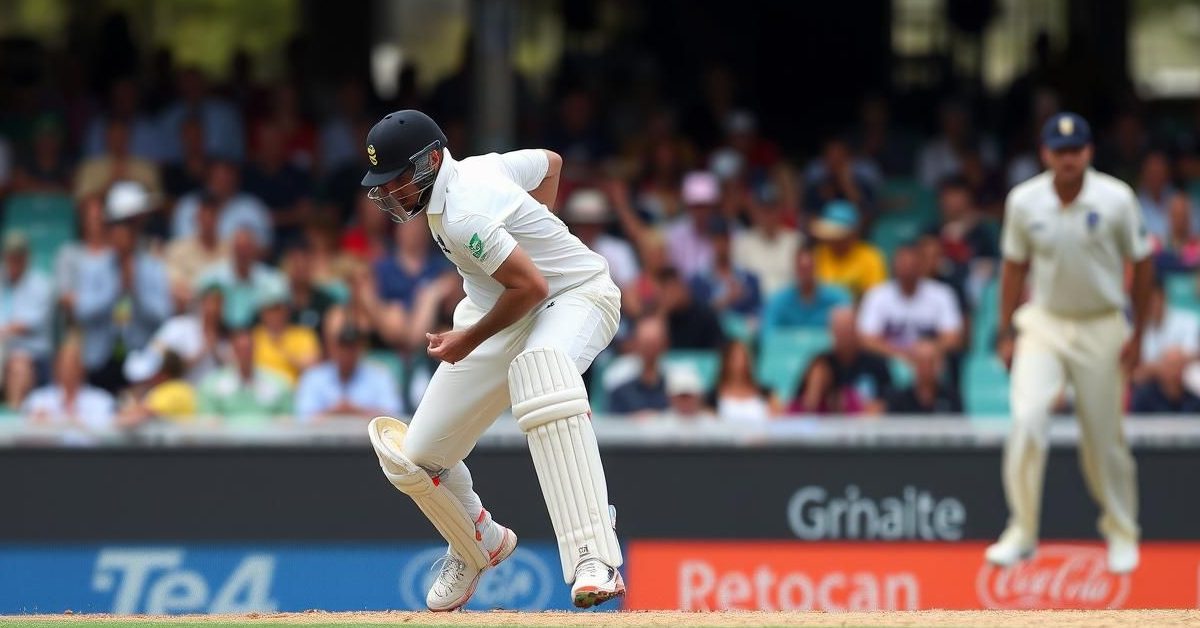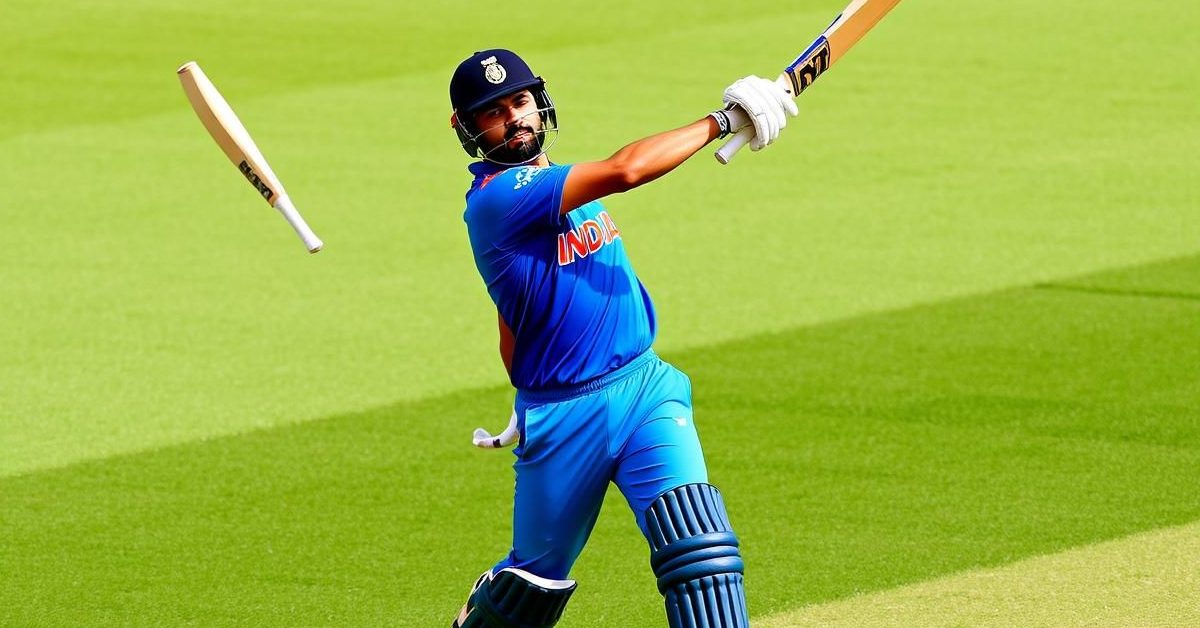England’s Evolving ‘Bazball’: A New Era of Control and Dominance
England’s long-form cricket revolution, affectionately known as ‘Bazball’, just took a monumental leap forward. Their recent, masterful chase of a colossal 371-run target against India at Headingley wasn’t merely a victory; it was a profound statement. It showcased a matured, refined approach under the astute leadership of captain Ben Stokes and head coach Brendon McCullum, injecting a vital surge of confidence into their quest for the elusive ICC World Test Championship final.
The Headingley Masterclass: A Display of Clinical Precision
The final day at Leeds was a spectacle of English intent. Indian pacers, including the formidable Jasprit Bumrah, found themselves unusually ineffective as England systematically dismantled the remaining 350 runs within three sessions. The chase was spearheaded by a magnificent century from opener Ben Duckett (149), ably supported by Zak Crawley’s fluent 65. The finishing touches, however, truly underscored England’s newfound poise: Joe Root’s unbeaten fifty and wicket-keeper Jamie Smith’s electrifying 44 off just 55 balls, culminating in a six that sealed the improbable chase.
Jamie Smith on Bazball’s Evolution: “Never Gave India a Sniff”
Reflecting on this transformative performance, young wicket-keeper Jamie Smith, a rapidly emerging star, highlighted the team’s significant evolution. “By keeping a core group of people throughout that cycle, what’s happened is they’ve matured and learned and almost pushed their limits of what they can do,” Smith shared with the *Daily Mail* ahead of the upcoming second Test in Birmingham. This maturation, he emphasized, is the bedrock of what he calls ‘Bazball 3.0’.
From Belligerence to Measured Ruthlessness
This newfound maturity marks a distinct shift from the initial, often audacious, iteration of ‘Bazball’. Three years prior, at Edgbaston, the same venue set for this week’s reunion, Stokes and his squad first demonstrated their aggressive brand of cricket against India. In that rescheduled decisive fifth Test, England famously walloped India’s seam attack – featuring Bumrah, Mohammed Shami, Mohammed Siraj, and Shardul Thakur – en route to their highest-ever Test chase of 378. While that was a show of sheer belligerence, Headingley displayed a more controlled, almost clinical ruthlessness.
Smith powerfully articulated this evolution: “We’ve seen some really special stuff over the course of the three years – 500 in a day and chasing down these totals has been incredibly pleasing and special for those guys, showing what can be done. This was a great example of where the team have got to that we didn’t give India a chance.”
The Paradigm Shift: Control and Strategic Aggression
The key, Smith noted, was an unwavering sense of control. “Maybe in the past we would have still played that same way, but might have had a collapse that gave them a chance or a little in. But it was so measured and controlled throughout that we never gave them a sniff.” He underlined the team’s crucial mandate: “The really important thing is for the team to be quite ruthless: once you’re on top, try to put them to bed.” This mindset was honed during their preparatory rounds, including a dominant display against Zimbabwe at Trent Bridge, where they racked up a staggering 498/3 on Day 1.
Jamie Smith: A Vital Cog in England’s Attacking Machine
At just 24, Jamie Smith has quickly cemented his place as an indispensable component of England’s attacking arsenal, securing the wicket-keeping duties over established figures like Jonny Bairstow and Ben Foakes. His attacking prowess is undeniable: 725 Test runs in 18 innings at an astounding 73.08 strike rate, including a century and four fifties.
Smith shed light on the tactical ingenuity behind their high-scoring rates. “That’s the impact of what this side’s done, it’s allowed the easy singles to go unnoticed because it feels like we’re scoring so fast,” he explained. With opposition captains often deploying more fielders in the deep to combat England’s boundary-hitting, this strategically opens up singles, maintaining a relentless scoring flow. “It’s obviously nice to hit a few sixes rather than the ones but you’re just playing what’s in front of you and thankfully at the minute, it seems to be coming off,” he added.
The Power of Belief Under Stokes’ Leadership
For Smith, a crucial element in his personal development and the team’s collective success is the deep-seated belief fostered within the squad. “Something that definitely took my game to the next level was having that belief from other people and that transfers on to you, especially when you’re out there batting,” he affirmed. This culture of confidence has translated into unparalleled results under Ben Stokes, whose captaincy has now yielded 21 triumphs in 34 games, boasting an impressive 61.76% win rate – a figure that ranks him above all English captains leading in at least eight matches. The Headingley victory wasn’t just a win; it was a powerful testament to ‘Bazball’ evolving into a more formidable, controlled, and strategically astute force in Test cricket.











